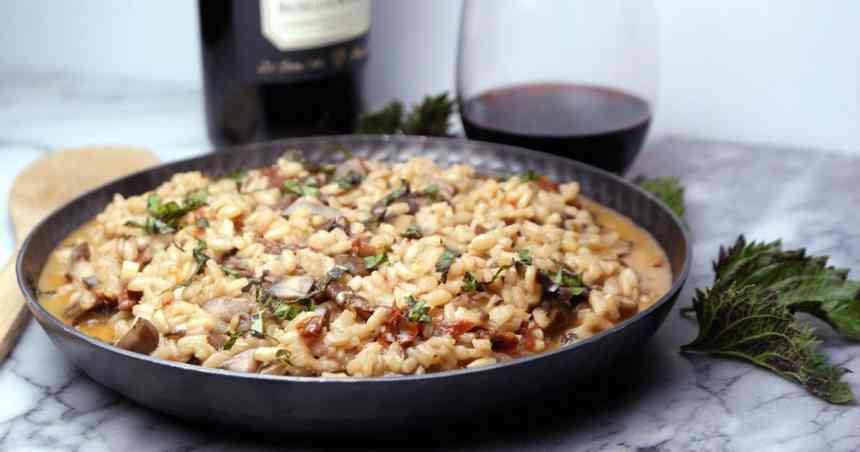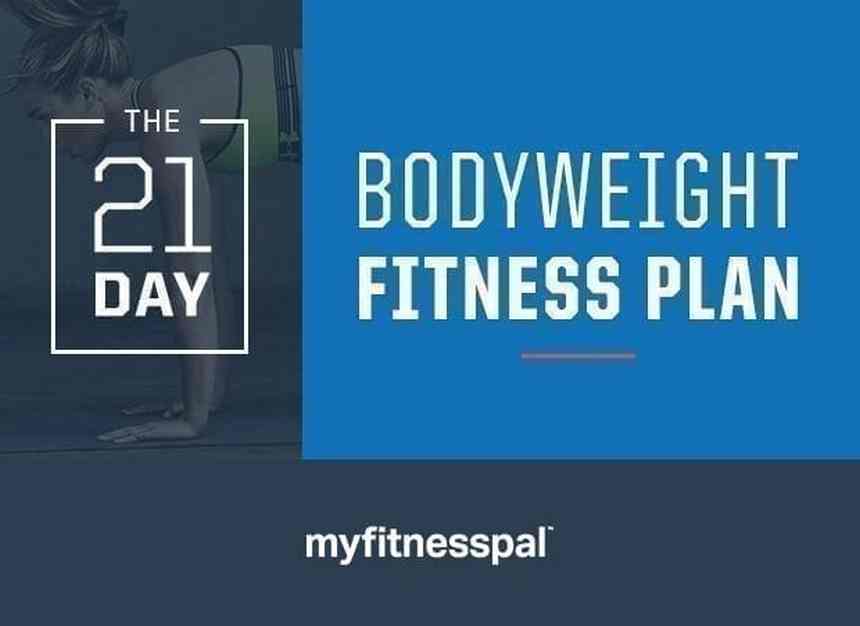Bodily efficiency, no matter whether or not it’s understanding on the fitness center, laboring within the fields, or working a marathon, takes far more than dedication and coaching. Diet is an important key to optimum coaching and peak bodily efficiency, which is why so many athletes and fitness center fanatics take their diets significantly. There’s loads of science behind meals consumption because it pertains to bodily efficiency, and full profession paths are devoted to this examine.
One such path the examine of glycolysis, which is the physique’s methodology to transform glucose to pyruvate. In layman’s phrases, glycolysis is the physique’s technique of breaking down carbohydrates into acids that your physique makes use of to maintain itself throughout bodily efficiency.
Everybody who participates in bodily demanding actions ought to perceive how their meals consumption can influence their real-world capability. Information of the results of meal frequency and timing on the subject of bodily efficiency, in addition to the intricacies of metabolic optimization, will enhance bodily prowess and efficiency good points.
Gas Earlier than the Clock Begins
Pre-workout diet is extremely necessary for the general high quality of bodily efficiency, in addition to lasting endurance. A 2014 analysis overview discovered that:
“Carbohydrate feedings previous to endurance train are widespread and have usually proven to boost efficiency, regardless of rising insulin ranges and decreasing fats oxidation. These metabolic results could also be attenuated by consuming low glycemic index carbohydrates and/or modified starches earlier than train. Excessive fats meals appear to have useful metabolic results.”1
Merely put, consuming meals with a excessive focus of carbs with a low glycemic index, in addition to modified starches, is probably one of the simplest ways to prepared your self for bodily efficiency. Via glycolysis, these carbohydrates are remodeled into useful acids that assist propel the physique ahead, rising your capability for endurance and depth, leading to a way more passable exercise. Whereas consuming meals wealthy in carbs is just not a necessity, it definitely does assist, and is far more useful when in comparison with understanding on an empty abdomen, by way of uncooked efficiency. Pre-exercise meals shouldn’t be eaten immediately earlier than athletic capability, however must be eaten inside one to 2 hours of exercise, permitting the physique to naturally digest and devour the carbs.
The Grey Space of Intra-Exercise Diet
Metabolic optimization can be elevated by consuming the precise meals throughout bodily efficiency. That is maybe probably the most complicated facet of performance-enhancing diet, as there may be probably not an ideal time throughout bodily exercise to eat. Based on Dr. Jenna Bell-Wilson:
“Succinct suggestions for carbohydrate consumption in the course of the vitality section or throughout exercise are tough to nail down…Analysis helps the usage of carbohydrate throughout exercise, however the quantity and type are nonetheless foggy…Ingestion of protein in the course of the vitality section could also be advantageous along with carbohydrate”
As soon as once more, carbohydrates are the first means by which diet must be obtained throughout bodily efficiency. Nevertheless, the timing of the ingestion of nutrtition wealthy in carbohydrates continues to be hotly debated, and is closely depending on the period and depth of the exercise. Those that select to replenish themselves throughout bodily efficiency discover that liquids are far more advantageous than stable meals, as liquids are a lot simpler to absorb and preserve down. They’re additionally simpler to soak up. That being stated, what you eat and whenever you eat throughout bodily exercise is extremely depending on the person and the game.
It’s Not Over When It’s Over
Metabolic optimization might be enhanced even after bodily efficiency has ceased. Submit-workout diet is each bit as necessary as pre-workout and intra-workout diet, however there’s a particular timeframe by which this diet must be consumed. An intensive 2013 overview famous that:
“…when coaching is initiated greater than ~3-4 hours after the previous meal, the classical advice to devour protein (a minimum of 25g) as quickly as potential appears warranted in an effort to reverse the catabolic state, which in flip may expedite muscular restoration and development.”2
The science right here states that post-exercise diet is necessary, however it’s much less necessary if correct pre-exercise diet was heeded. Within the occasion that pre-exercise diet was skipped or in any other case unattainable, then post-workout diet closely favors proteins over carbohydrates. And never simply that, however a fairly giant complement of protein is favored in an effort to offset any naturally occurring muscular catabolism. With all of this in thoughts, it will not be a nasty thought to have interaction in post-workout diet even when correct pre- and intra-workout diet was heeded; there definitely isn’t any destructive impact that may happen, so it’s higher to be overly secure than do nothing in any respect.
Get the Most From Your Metcon
Now that you’ve got your pre-workout and intra-workout diet dialed in, let's take a look at the right way to maximize your time in case your major objective is metabolic conditioning. Diet alone can go a great distance in making ready you for an amazing exercise, however it will probably all be undone in case your exercise isn't simply as dialed as your meals consumption. As with every type of train, it boils all the way down to the SAID precept: particular adaptation to imposed demand.
There are just a few tried-and-true methods to maximise metabolism throughout your exercise. One such technique is high-intensity interval coaching (HIIT). HIIT has been proven to extend each fats and carbohydrate metabolism in human skeletal muscle.3 Whereas there may be analysis displaying that, given limitless time to coach, steady-state cardio might be simply as efficient as HIIT for rising each whole metabolism and fats metabolism, the latter is probably the most time-efficient type of metabolic conditioning (metcon). In beneath 20 minutes, HIIT generates oxygen deficits (and thus elevated fats metabolism) for a time frame extending after the exercise. To attain the identical impact doing regular state cardio, it takes nearer to 60 minutes.4
Manipulating relaxation durations may even improve the effectiveness of metabolic conditioning by creating the progressive oxygen debt essential for fats burning. Precise relaxation durations fluctuate based mostly on the health degree and work capability of the person, however as a common rule of thumb, you ought to be respiration arduous all through the complete exercise. Resting between 15 and 60 seconds between units ought to work for almost all of individuals, and the "speak take a look at" can be utilized to measure your effort degree: in case you can communicate in full sentences with out taking a breath, you’re not fairly working arduous sufficient.
The take-home message from the analysis on metabolic conditioning boils down to 2 easy concepts: enhance your depth and reduce your relaxation to optimize your exercise.
Bodily efficiency is a mix of many elements. Maybe chief amongst them is correct diet, occurring earlier than, throughout, and after bodily exercise. Pre-workout diet ought to focus closely on carbohydrate; intra-workout diet ought to concentrate on a mix of carbohydrates and proteins, and post-workout diet ought to focus closely on proteins. By following this routine, metabolic optimization by way of glycolysis ought to happen, leading to extra passable bodily efficiency. Making this part of your routine will tremendously enhance your efficiency and assure a way more noticeable burn earlier than, throughout, and after your exercise.
References
1. Ormsbee, Michael J., Christopher W. Bach, and Daniel A. Baur. "Pre-exercise diet: the position of macronutrients, modified starches and dietary supplements on metabolism and endurance efficiency." Vitamins 6, no. 5 (2014): 1782-1808.
2. Aragon, Alan Albert, and Brad Jon Schoenfeld. "Nutrient timing revisited: is there a post-exercise anabolic window?" Journal of the Worldwide Society of Sports activities Diet 10, no. 1 (2013): 5.
3. Perry, Christopher GR, George JF Heigenhauser, Arend Bonen, and Lawrence L. Spriet. "Excessive-intensity cardio interval coaching will increase fats and carbohydrate metabolic capacities in human skeletal muscle." Utilized Physiology, Diet, and Metabolism 33, no. 6 (2008): 1112-1123.
4. Skelly, Lauren E., Patricia C. Andrews, Jenna B. Gillen, Brian J. Martin, Michael E. Percival, and Martin J. Gibala. "Excessive-intensity interval train induces 24-h vitality expenditure much like conventional endurance train regardless of diminished time dedication." Utilized Physiology, Diet, and Metabolism 39, no. 7 (2014): 845-848.









